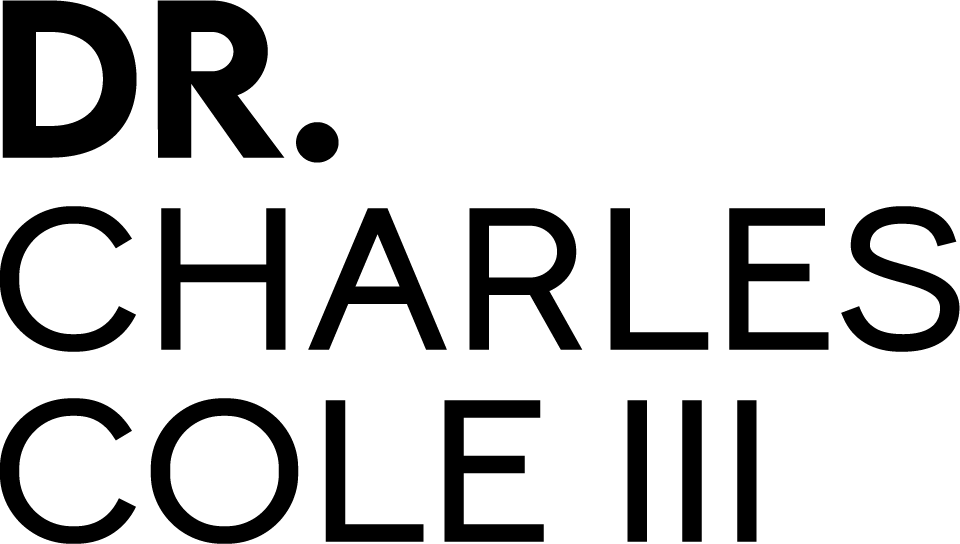Why Are We Ignoring Education in the Debates?
The presidential and vice-presidential debates have come and gone, and one glaring issue was absent from the conversation: education. Not a single candidate stood on stage and meaningfully addressed how we’re preparing the next generation. The stakes couldn’t be higher, but education—one of the most critical aspects of our society—is left in the margins, as if it doesn’t affect every other issue.
As someone who’s spent my life advocating for young people and as someone who had to navigate systems that weren’t built for me, this lack of discussion on education speaks volumes. We’re facing unprecedented challenges—disparities in funding, inequities in access, and a national achievement gap that disproportionately affects Black and Brown students. Yet, in the highest halls of power, it’s like none of this matters.
Here’s the thing: We don’t have time to wait for politicians to suddenly wake up and prioritize the education of our children. What we need is agency and self-determination—not just from those in power but from each of us. If they won’t act, we must.
What Agency Looks Like for Us
Agency is about being aware of the reality, navigating the challenges in front of you, and understanding your duty to create change. It’s about taking control of the narrative—our narrative. Waiting for a savior, for a leader, for some policy to trickle down and make life better for our kids, is a dead end. The system wasn’t built to save us, and we’ve known that for a long time.
So, what can we do? We must equip our students, families, and communities with the tools they need to advocate for themselves and fight for the education they deserve. That’s why I developed the A.N.D. model—Awareness, Navigation, and Duty—to help students realize their own power. But it’s bigger than just the students; it’s about building a movement where self-determination is at the center of everything we do.
Pushing for Self-Determination
When we talk about self-determination, it’s not just a buzzword. It’s about realizing that we have the power to shape our own futures, regardless of what any politician says—or doesn’t say. Our young people need to see that they’re not just recipients of an education system—they are active participants. When we teach them to understand their worth, when we affirm their identity, we’re doing more than preparing them for college or a career; we’re preparing them for life.
Our communities must mobilize around this idea. We need to stop relying on politicians who clearly don’t have our best interests at heart. Instead, let’s focus on building up grassroots movements that demand better. Let’s work with educators, parents, and local leaders who are willing to do the hard work of pushing for real change.
We deserve a system that works for all of us, and when that system fails, we deserve the agency to create our own solutions.
The Path Forward
Look, it’s not that education is less important than the economy, foreign policy, or climate change. It’s that education isthe foundation for solving all of these issues. Without an educated, empowered, and engaged populace, we’re just treading water.
So, my message to the candidates is this: You need to talk about education. And my message to our communities is even more urgent: Don’t wait for them to bring it up. Take control. Build the future. Teach your kids to do the same. Let’s make sure the next generation is not just surviving in a broken system but thriving in one we create together.


